Having failed to get it externally funded, I decided to hell with it! I would do the project anyway. It was too important a topic to abort on such flimsy grounds; and anyway in the social sciences funding has never been a precursor to undertaking excellent and original scholarship, and this promised to be that.
I have long been fascinated by religion and spirituality as integral to cultural diversity, and this interest has underpinned much of my scholarship in both social work and sociology. Gender studies are equally a passion and so it seemed natural to form a happy union of the two.
For the past eighteen months, and thanks to recent Fusion Funding for part of the project, I have been undertaking a cross-cultural study of women’s experiences of religious commitment across several faith groups in the UK and Malaysia. Both countries share a common historical heritage through the ties of colonialism, where additionally wide-scale migration has forged multicultural and therefore multifaith societies. Each modern nation also struggles to resolve the contradictions and paradoxes created through multiculturalism and claims to a specific national religion.
The aim of the study is to examine the constructions and meanings that women bring to religious beliefs and daily practices, which may be distinctive to those of men, particularly given the extremely powerful influences of patriarchy in organised religion. Thus, the working assumption behind this study is that women will bring their own gendered priorities and understandings as women (and variously as wives/partners, mothers, daughters and sisters) to their individual religious and spiritual beliefs.
For an in-depth ethnographic study the participant sample is extensive, and where by the end of this year, 48-50 individual narratives will complete the data gathering stage. The level of complexity is high for not only does this study cover two contemporary societies, but it also seeks to cover representatives from several different faith groups. Thus, in Southwest England I am seeking to capture the voices of Buddhist, Jewish, Christian and Muslim women, as well as hoping to access female followers of one of the ‘New Religions’.
Across Malaysia, I have covered the same groups but substituted Jewish participants for Hindus. I also hope to access indigeneous Animists to compare with the revival in pre-Christian ‘nature religions’ that may be found in the evocatively pagan, Dorset/Somerset/Wiltshire landscapes.
Such a large and highly diverse sample group represents a major study of contemporary, gendered faith practices in modern, multicultural societies; and where despite woman-centric theological re-interpretations, such as, for example, Christian feminists theologies or Malaysia’s ‘Sisters in Islam’, the insights from this study are already proving to be original and profound. My initial hypothesis has been both affirmed and challenged by participants struggling to engage with the politics of ethnicity, culture, gender constructions and gender oppression; together with the business of daily negotiating the politics of church/temple/mosque/synagogue – not forgetting, of course, the politics of the home and family.
Participant accounts have been deeply moving at times; and where to my surprise, I have been frequently thanked for giving participants the opportunity to be able to express that which is so important to their individual integrity and sense of purpose in life – and yet which remains a submerged discourse. There are many reasons, political, social and personal for religious expression among women to be largely unheard (and sometimes even a forbidden) discourse in both countries. These too are critical issues of context that are analysed alongside the narratives.
With REF2020 beginning to appear over the horizon, I will seek to do justice to these remarkable narratives in my analysis and the research monograph and peer-reviewed papers being planned. However, what is strikingly apparent is the intense interest participants hold towards their own spiritual journey, where they are also eager to read the finished publications in order to find further insights and connections with other women: impact in itself.
What this reveals to me is that not only is the area of inquiry extremely rich in theme, nuance and contemporary relevance, but that in respect of social impact (however one defines that term) much more is needed of me. Accordingly I am pondering deeply on how I may return and somehow multiply the fruits of this research to the global community of women for whom it carries such intense meaning and many shared commonalities in an otherwise divided world.
Volunteering to be a participant
If this Blog has resonated with you as a woman embracing a religious faith, or as someone who may know of such, I would be extremely grateful if you would contact me directly on scrabtree@bournemouth.ac.uk. Muslim, Jewish and ‘New Religion’ women’s voices in England are still under-represented in the study but all participants from other faith groups are equally welcome.


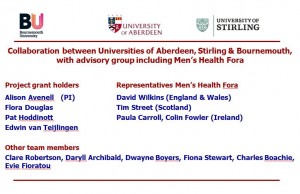
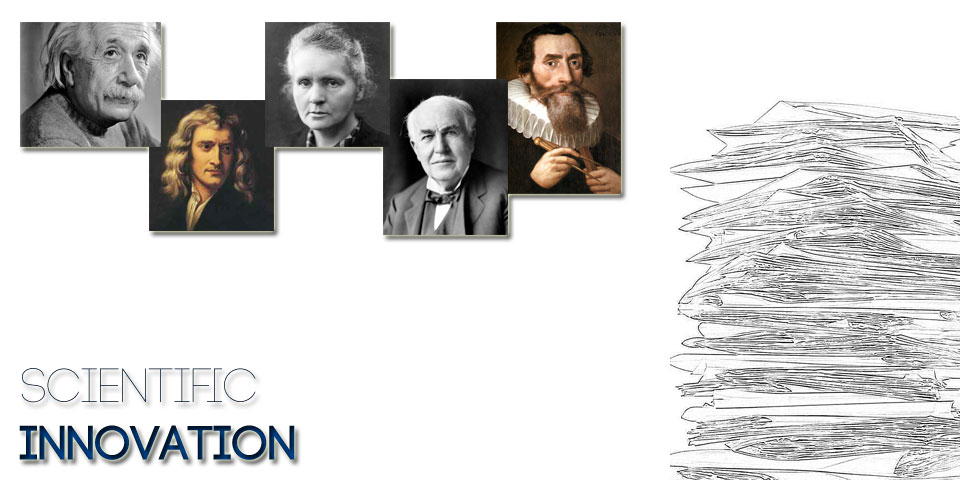




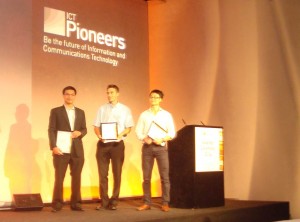



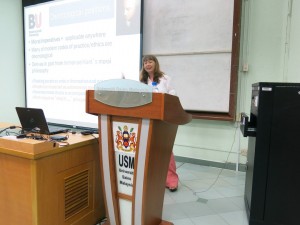
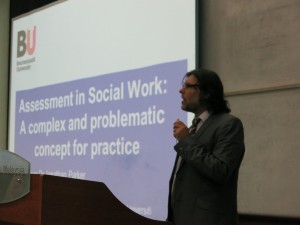
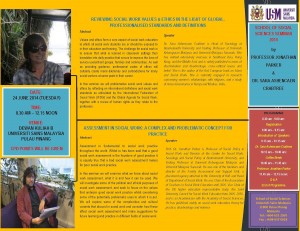

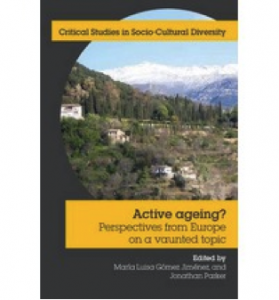


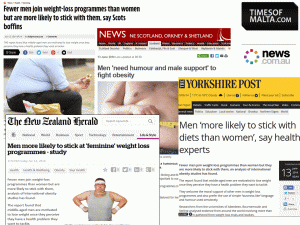

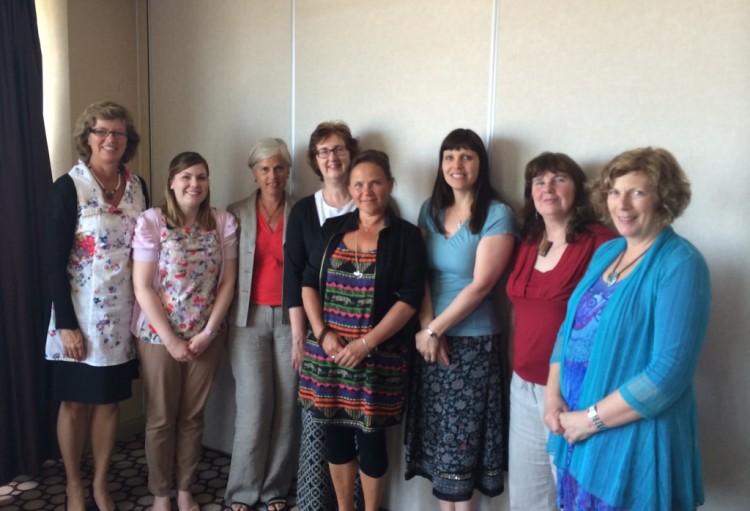


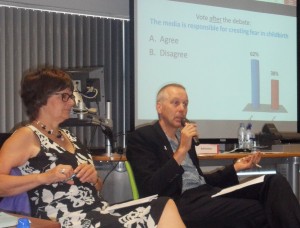











 Expand Your Impact: Collaboration and Networking Workshops for Researchers
Expand Your Impact: Collaboration and Networking Workshops for Researchers Visiting Prof. Sujan Marahatta presenting at BU
Visiting Prof. Sujan Marahatta presenting at BU 3C Event: Research Culture, Community & Can you Guess Who? Thursday 26 March 1-2pm
3C Event: Research Culture, Community & Can you Guess Who? Thursday 26 March 1-2pm UKCGE Recognised Research Supervision Programme: Deadline Approaching
UKCGE Recognised Research Supervision Programme: Deadline Approaching ECR Funding Open Call: Research Culture & Community Grant – Apply now
ECR Funding Open Call: Research Culture & Community Grant – Apply now ECR Funding Open Call: Research Culture & Community Grant – Application Deadline Friday 12 December
ECR Funding Open Call: Research Culture & Community Grant – Application Deadline Friday 12 December MSCA Postdoctoral Fellowships 2025 Call
MSCA Postdoctoral Fellowships 2025 Call ERC Advanced Grant 2025 Webinar
ERC Advanced Grant 2025 Webinar Update on UKRO services
Update on UKRO services European research project exploring use of ‘virtual twins’ to better manage metabolic associated fatty liver disease
European research project exploring use of ‘virtual twins’ to better manage metabolic associated fatty liver disease